Introduction
Basil seeds, scientifically known as Ocimum basilicum seeds, are tiny, black, oval-shaped seeds derived from the basil plant. These seeds have gained popularity in recent years due to their numerous health benefits and unique culinary uses. From aiding digestion to providing essential nutrients, basil seeds offer a versatile addition to various diets. However, consuming basil seeds correctly is crucial to maximize their benefits and avoid any potential discomfort. This comprehensive guide will explore how to consume basil seeds effectively, including preparation methods, recommended dosages, potential health benefits, and tips for incorporating them into your daily routine.
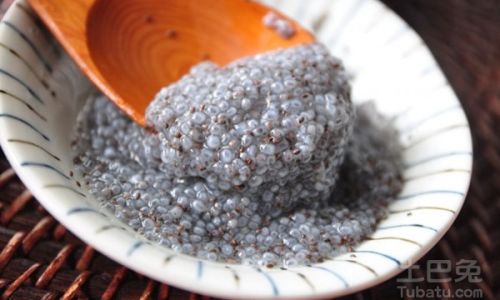
Understanding Basil Seeds
Before diving into how to consume basil seeds, it’s essential to understand their basic characteristics. Basil seeds are rich in dietary fiber, antioxidants, and essential fatty acids. They contain a gel-forming compound called mucilage, which, when soaked in liquid, forms a gel-like coating around the seeds. This unique property is what gives basil seeds their digestive-aid reputation and contributes to their slightly nutty, slightly sweet flavor.
Preparation Methods
Soaking Basil Seeds
The most common and recommended way to prepare basil seeds for consumption is by soaking them in water or any other liquid. Soaking helps activate the mucilage, making the seeds easier to digest and enhancing their gel-forming properties. Here’s how to do it:
-
Measure the Seeds: Start with a small amount, such as 1 teaspoon of basil seeds. This is generally considered a safe and effective dosage for most adults.
-
Choose Your Liquid: You can soak basil seeds in water, fruit juice, smoothies, yogurt, or even milk-based beverages. The choice of liquid can affect the taste and texture, so experiment to find what you prefer.
-
Soak for 5-10 Minutes: Place the seeds in the chosen liquid and let them soak for at least 5-10 minutes. You’ll notice the seeds begin to swell and form a gel-like coating.
-
Stir Occasionally: Gently stir the seeds during soaking to ensure they don’t stick together or to the bottom of the container.
Consuming Soaked Basil Seeds
Once the basil seeds have soaked and formed a gel, they are ready to consume. You can drink the liquid along with the seeds or use the soaked seeds as a topping or ingredient in various dishes.
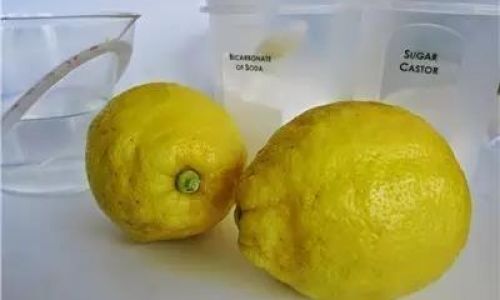
Other Preparation Tips
-
Blending: If you prefer a smoother texture, you can blend soaked basil seeds into smoothies or shakes. This will incorporate their nutrients without the noticeable seed texture.
-
Chilling: For a refreshing treat, soak the seeds in iced water or a chilled beverage. The cold temperature enhances their gel-forming properties and makes them more enjoyable during hot weather.
-
Adding Flavor: You can enhance the flavor of soaked basil seeds by adding a touch of honey, lemon juice, or other natural sweeteners and flavors.
Recommended Dosages
While basil seeds are generally safe for consumption, it’s important to adhere to recommended dosages to avoid potential side effects like bloating or digestive discomfort. Here are some guidelines:
-
Adults: Start with 1 teaspoon of basil seeds per day and gradually increase to 2 teaspoons if tolerated.
-
Children: Children should consume smaller amounts, typically half a teaspoon to start. Consult a healthcare provider before introducing basil seeds to children under the age of 6.
-
Pregnant and Lactating Women: While basil seeds are generally considered safe, it’s best to consult a healthcare provider before consuming them during pregnancy or lactation.
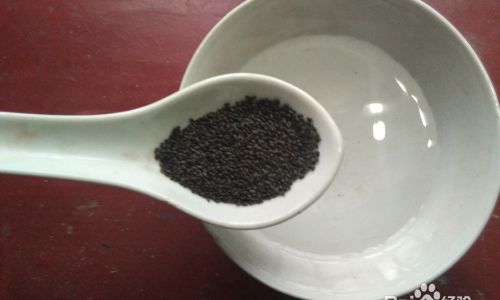
Potential Health Benefits
Basil seeds offer a range of potential health benefits, making them a valuable addition to a balanced diet. Here are some of the most notable:
-
Digestive Aid: The gel-forming mucilage in basil seeds can help soothe the digestive tract, relieve constipation, and promote overall digestive health.
-
Weight Management: High in fiber and low in calories, basil seeds can help you feel full longer, reducing overall calorie intake and supporting weight management efforts.
-
Blood Sugar Regulation: Preliminary research suggests that basil seeds may help lower blood sugar levels by slowing the absorption of sugar in the bloodstream.
-
Hydration: The gel-like coating of soaked basil seeds can help keep you hydrated by retaining water in the digestive tract.
-
Antioxidant Protection: Basil seeds are rich in antioxidants, which help protect cells from damage caused by free radicals, potentially reducing the risk of chronic diseases.
Incorporating Basil Seeds into Your Diet
Basil seeds can be incorporated into a variety of dishes and beverages, making it easy to enjoy their benefits. Here are some creative ways to use them:

-
Drinks: Add soaked basil seeds to water, iced tea, lemonade, smoothies, or yogurt drinks for a refreshing and nutritious boost.
-
Salads: Sprinkle soaked basil seeds over salads for added texture and nutrition.
-
Desserts: Use soaked basil seeds as a topping for ice cream, yogurt, or fruit bowls.
-
Baking: Incorporate soaked basil seeds into baked goods like muffins, bread, or cookies for a fiber-rich twist.
-
Savory Dishes: Experiment with adding soaked basil seeds to soups, stews, or grain-based dishes like rice or quinoa.
Conclusion
Basil seeds are a nutritious and versatile addition to any diet, offering a range of potential health benefits. By understanding how to prepare and consume basil seeds correctly, you can maximize their benefits and enjoy their unique texture and flavor. Start with small dosages, experiment with different preparation methods, and incorporate basil seeds into your favorite dishes and beverages to make them a part of your healthy lifestyle. Remember to consult a healthcare provider if you have any concerns or questions about consuming basil seeds, especially if you have underlying health conditions or are pregnant or lactating. With their digestive-aid properties, nutrient-rich profile, and delicious taste, basil seeds are a welcome addition to your culinary repertoire.
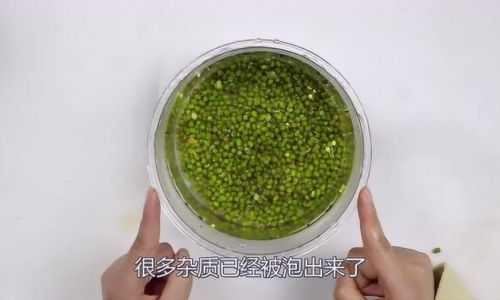
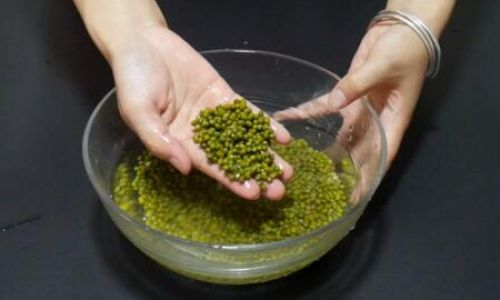
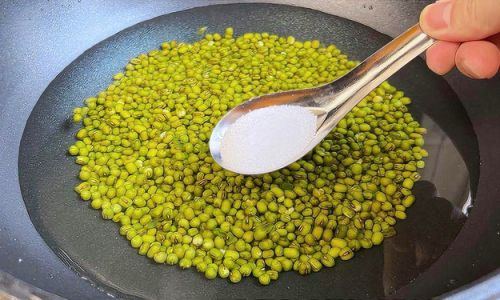
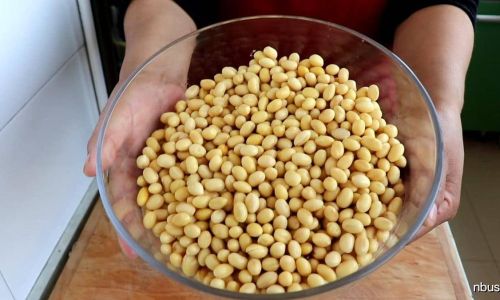
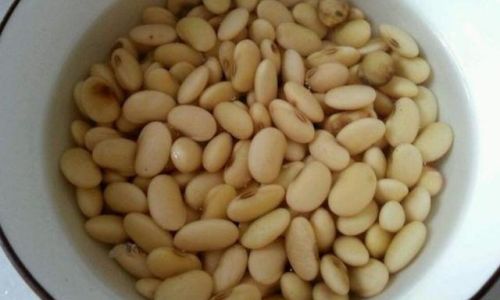
0 comments